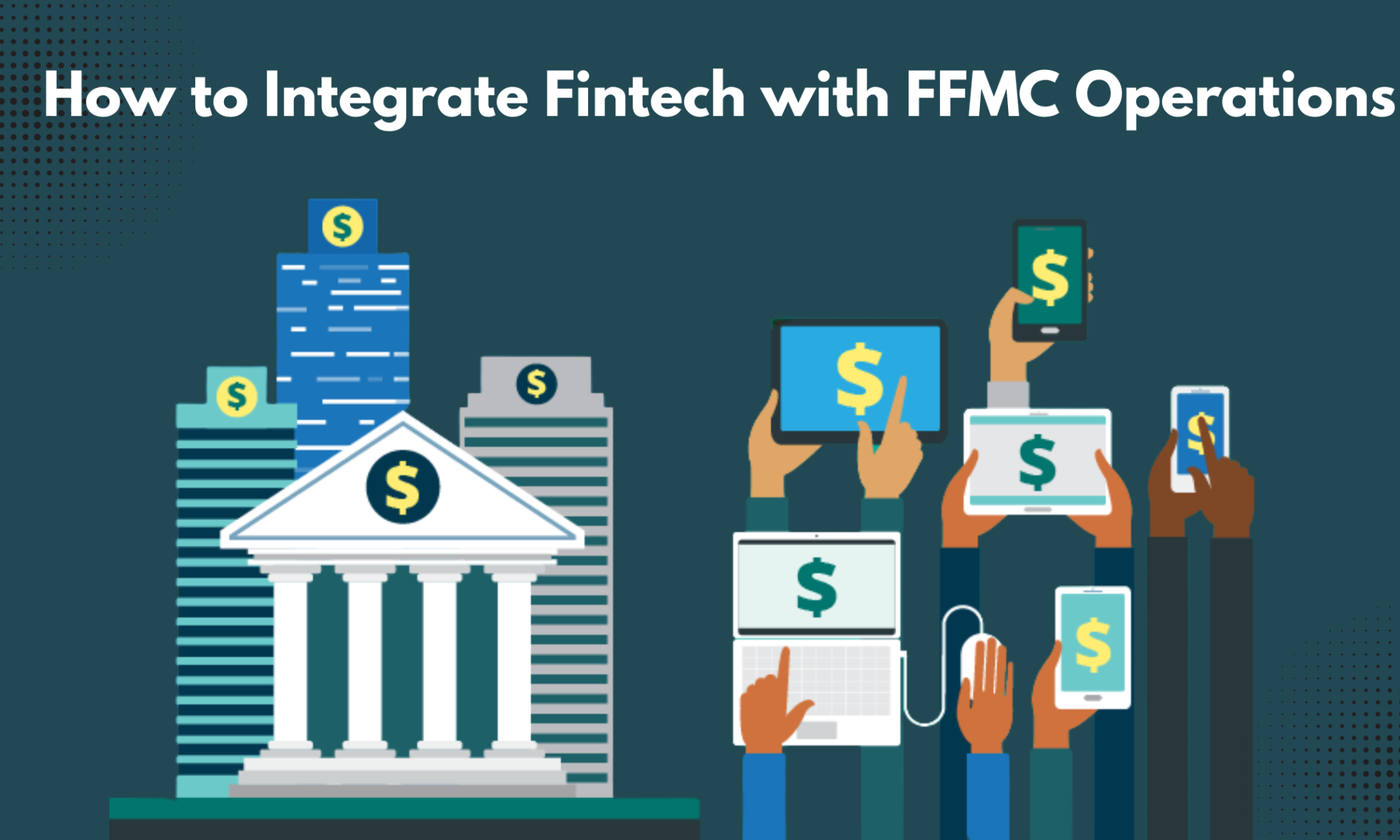The financial ecosystem is rapidly transforming, and Full Fledged Money Changers (FFMCs) are no exception. With the rise of fintech innovations, integrating technology into FFMC operations is no longer a luxury—it’s a necessity for efficiency, compliance, and customer satisfaction.
Whether you’re applying for a full fledged Money Changer license or already running a licensed FFMC, this guide will help you understand how fintech can modernize your operations and give you a competitive edge.
Understanding FFMCs and Their Role
FFMCs are authorized by the Reserve Bank of India (RBI) to deal in foreign exchange, including the sale and purchase of foreign currency, traveler’s cheques, and forex cards. A business must obtain a FFMC License in India to operate legally in the forex space.
Traditionally, full fledged Money Changers operate through physical branches, but fintech integration can enable them to offer faster, safer, and more customer-centric services.
Benefits of Integrating Fintech with FFMC Operations
1. Streamlined Currency Exchange
Using AI and automation, FFMCs can streamline currency conversion processes and reduce manual errors. Real-time exchange rate APIs can offer dynamic pricing and improve customer trust.
2. Digital KYC and AML Compliance
Fintech tools can automate KYC verification and anti-money laundering checks, ensuring that FFMCs license online remain compliant with RBI norms.
3. Mobile & Web Platforms
Offering foreign exchange services via mobile apps and websites helps full fledged Money Changers reach a wider customer base, including NRIs and frequent travelers.
4. Inventory & Cash Flow Management
Fintech solutions enable real-time tracking of forex inventory and better cash flow analysis, essential for smooth FFMC operations.
Steps to Integrate Fintech in FFMC Businesses
✅ 1. Upgrade Legacy Systems
Move away from traditional, paper-based operations. Invest in ERP or CRM software tailored for currency exchange businesses.
✅ 2. Implement Secure Digital Payment Gateways
Enable digital wallets, UPI, net banking, and card payments to allow customers more flexibility in transacting with your FFMC.
✅ 3. Use Cloud-Based Accounting
Fintech platforms offering cloud accounting help FFMCs maintain compliance with GST and RBI reporting requirements effortlessly.
✅ 4. Partner with Tech Providers
Collaborate with fintech startups that specialize in forex solutions. These can offer ready-made platforms that integrate easily with your backend systems.
✅ 5. Get the Right License
To offer such advanced services legally, ensure you possess a valid full fledge money changer license in India.
Why Fintech Integration Is Crucial Now
As more users turn to digital platforms for financial services, FFMCs license in India must adapt to remain relevant. Regulatory bodies are also encouraging digital transformation, offering easier FFMCs license online application processes and updated compliance guidelines.
By embracing fintech, FFMCs can:
- Reduce operational costs
- Improve compliance
- Enhance customer satisfaction
- Scale faster
Conclusion
Incorporating fintech into FFMC operations isn’t just about keeping up with trends—it’s about staying competitive, compliant, and customer-focused in a rapidly evolving market. Whether you’re planning to apply for a FFMC License in India or already hold one, upgrading your business model with technology will be a key driver of long-term success.
So, if you’re ready to digitize your operations, make sure your full fledged Money Changer license is in place and compliant with RBI guidelines. The future of foreign exchange is digital—make sure your FFMC is too.

